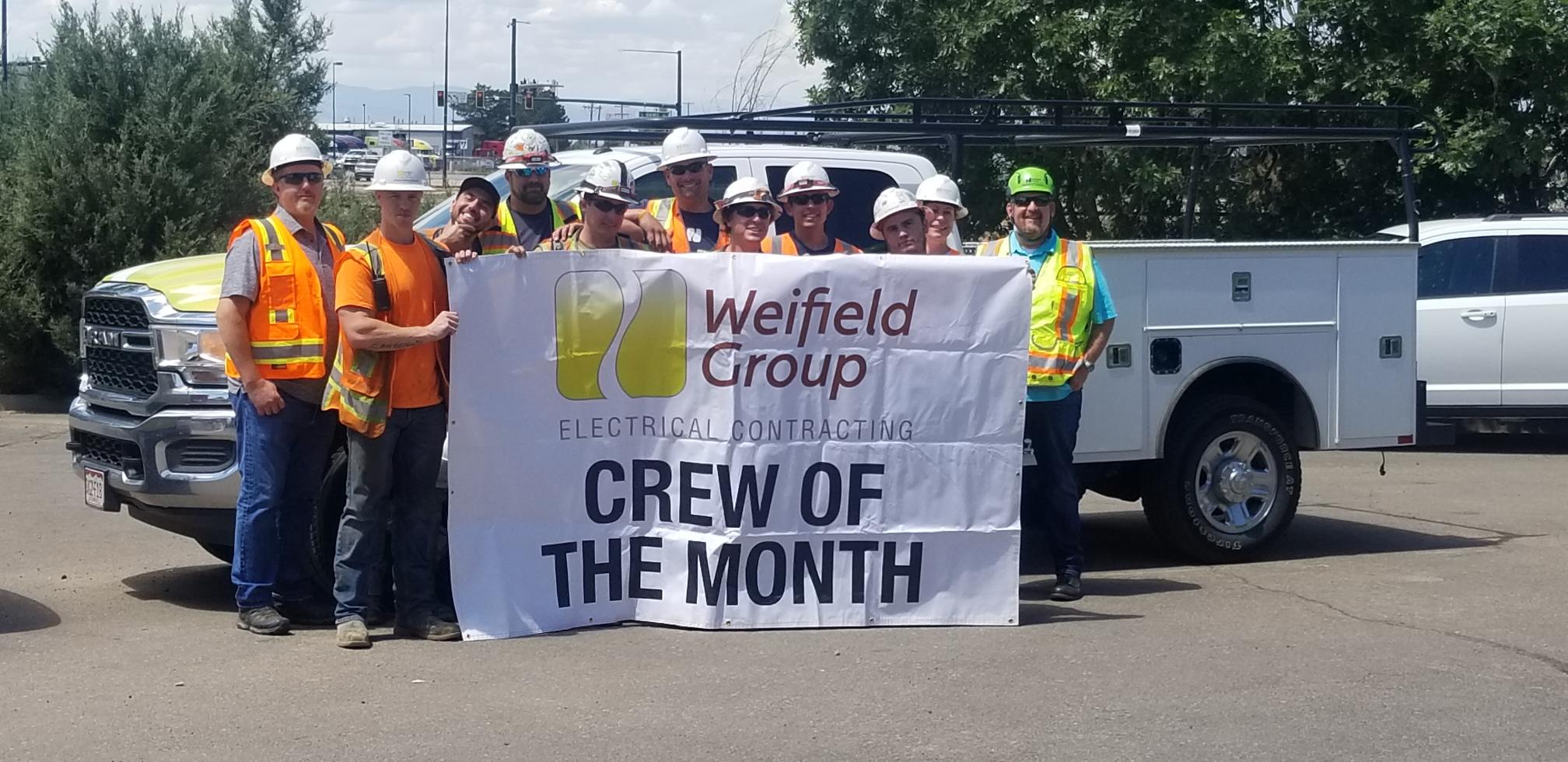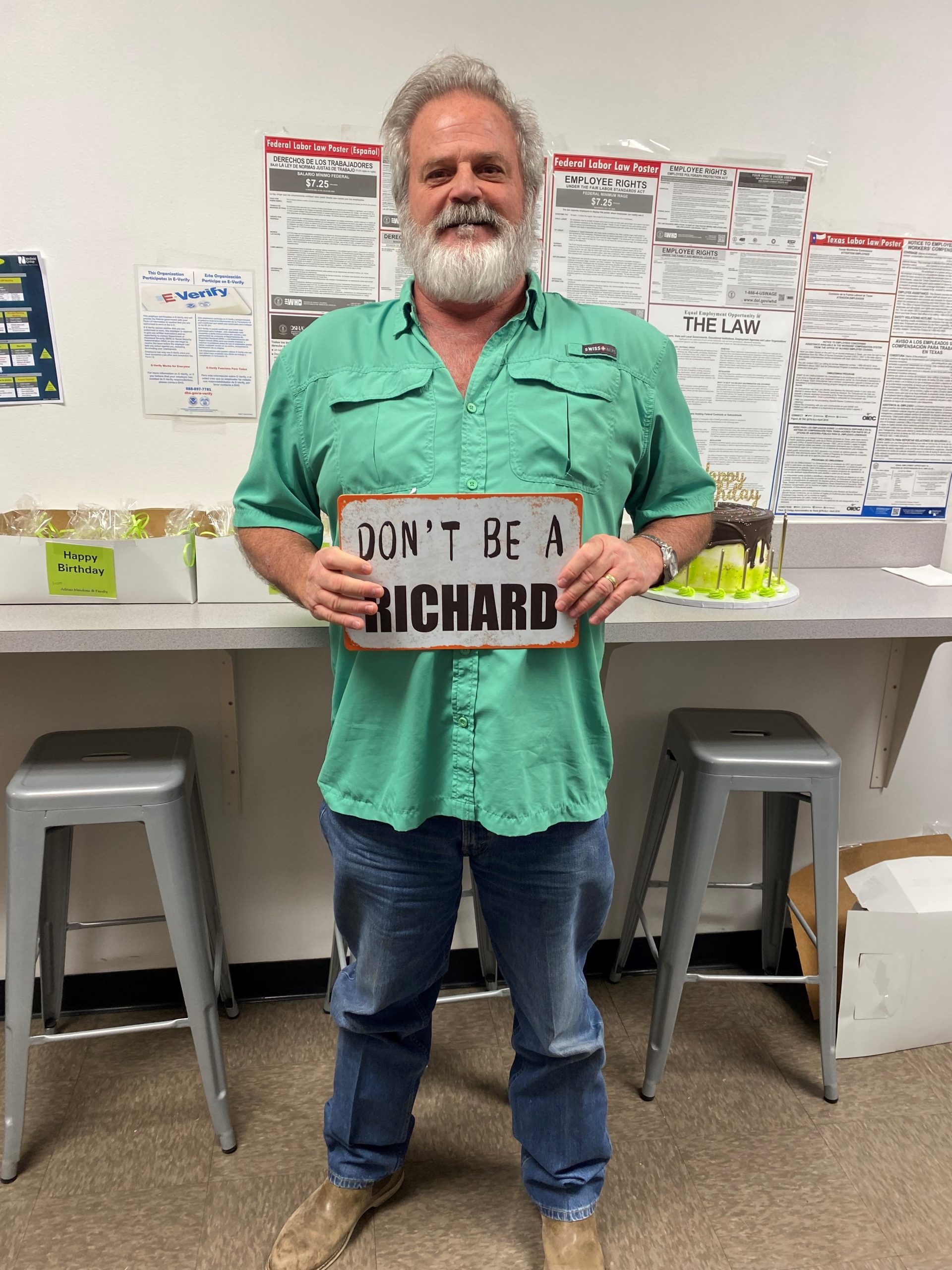At Weifield, Electrical Safety is a MUST
It is a commonly known fact that electricians can get shocked, burned, and sometimes even killed! Here are some tips to follow that will help keep you safe:
- Never work on energized circuits unless you have been trained, have completed a permit, and have the correct personal protective equipment
- Make sure you test every circuit before you begin working on circuits and equipment (live – dead – live test)
- Make sure you know how to lock and tag out before working on circuits or equipment
- Inspect portable cord-and-plug connected equipment, tools, extension cords, power bars, and electrical fittings for damage or wear before each use; repair or replace damaged equipment immediately
- Always keep extension cords out of floors and passageway — do not use nails, staples, or ceiling wires because they can damage extension cords and cause fire and shocks
- Use extension cords or equipment that is rated for the level of amperage or wattage that you are using
- Always use the correct size fuse; replacing a fuse with one of a larger size can cause excessive currents in the wiring and possibly start a fire
- Be aware that unusually warm or hot outlets or cords may be a sign that unsafe wiring conditions exists; unplug any cords or extension cords and do not use until a qualified electrician has checked the wiring
- Always use ladders made with non-conductive side rails (e.g., fiberglass) when working with or near electricity or power lines.
- Risk of electric shock is greater in areas that are wet or damp; install Ground Fault Circuit Interrupters (GFCIs) as they will interrupt the electrical circuit before a current sufficient to cause death or serious injury occurs
- Use a portable in-line Ground Fault Circuit Interrupter (GFCI) — if you are not certain that the receptacle you are plugging your extension cord into is GFCI protected and construction sites
- Make sure that exposed receptacles, switches and boxes are when energized
- Know where the panel and circuit breakers are located in case of an emergency
- Label all circuit breakers and fuse boxes clearly; each switch or should be positively identified for all outlets or appliances where they are providing power
- Do not use outlets or cords that have exposed wiring
- Do not use portable cord-and-plug connected power tools if the guards are removed
- Do not block access to panels and circuit breakers or fuse boxes
- Do not touch a person or electrical apparatus in the event of an electrical incident; always disconnect the power source, first
I hope everyone will share this critical information with their employees.
Until next time – Work Safe…It’s That Easy!




